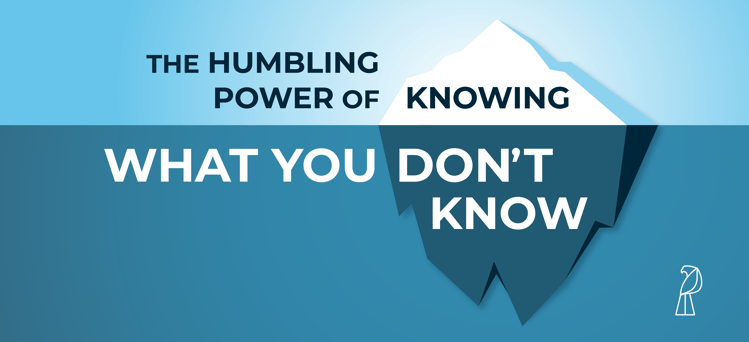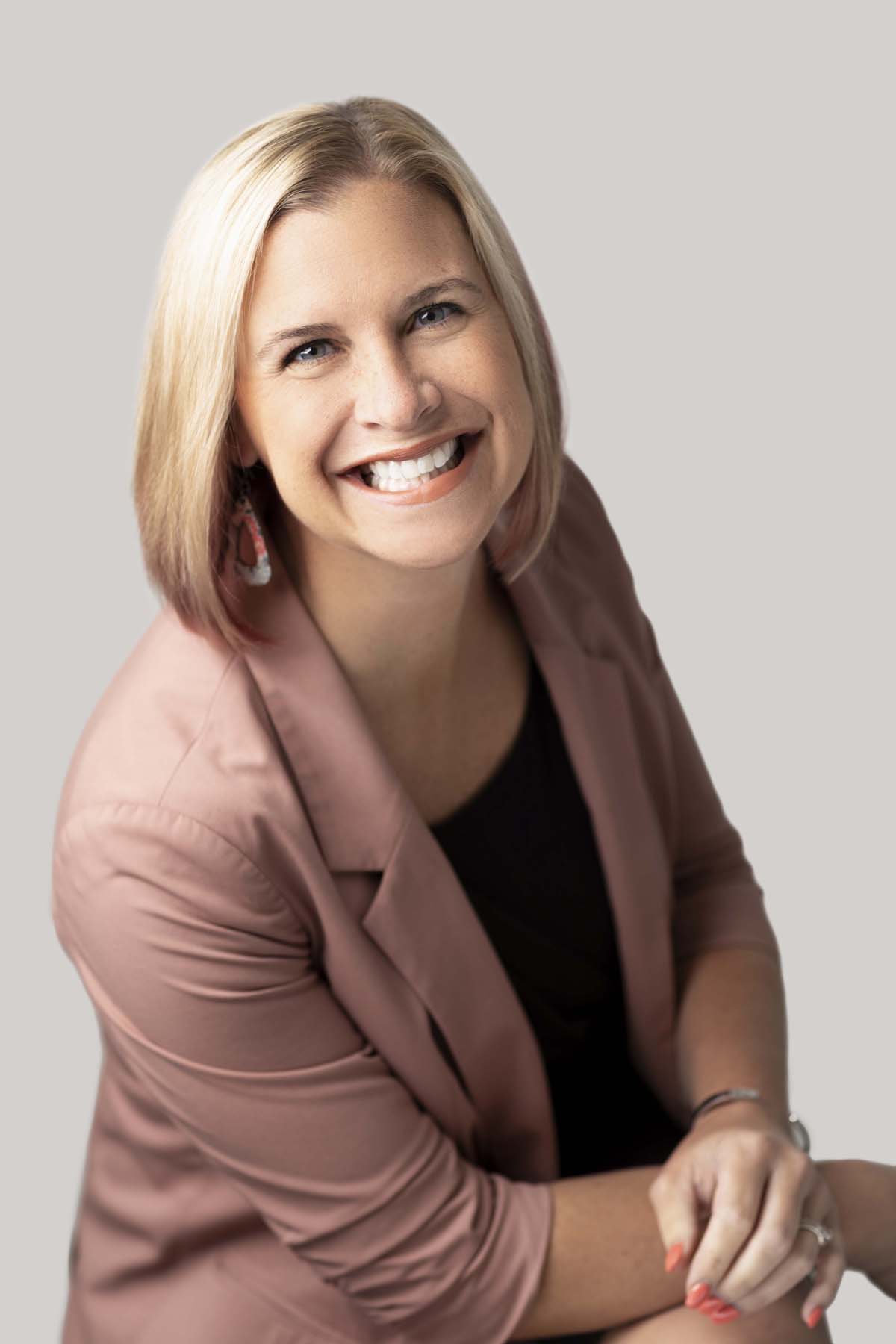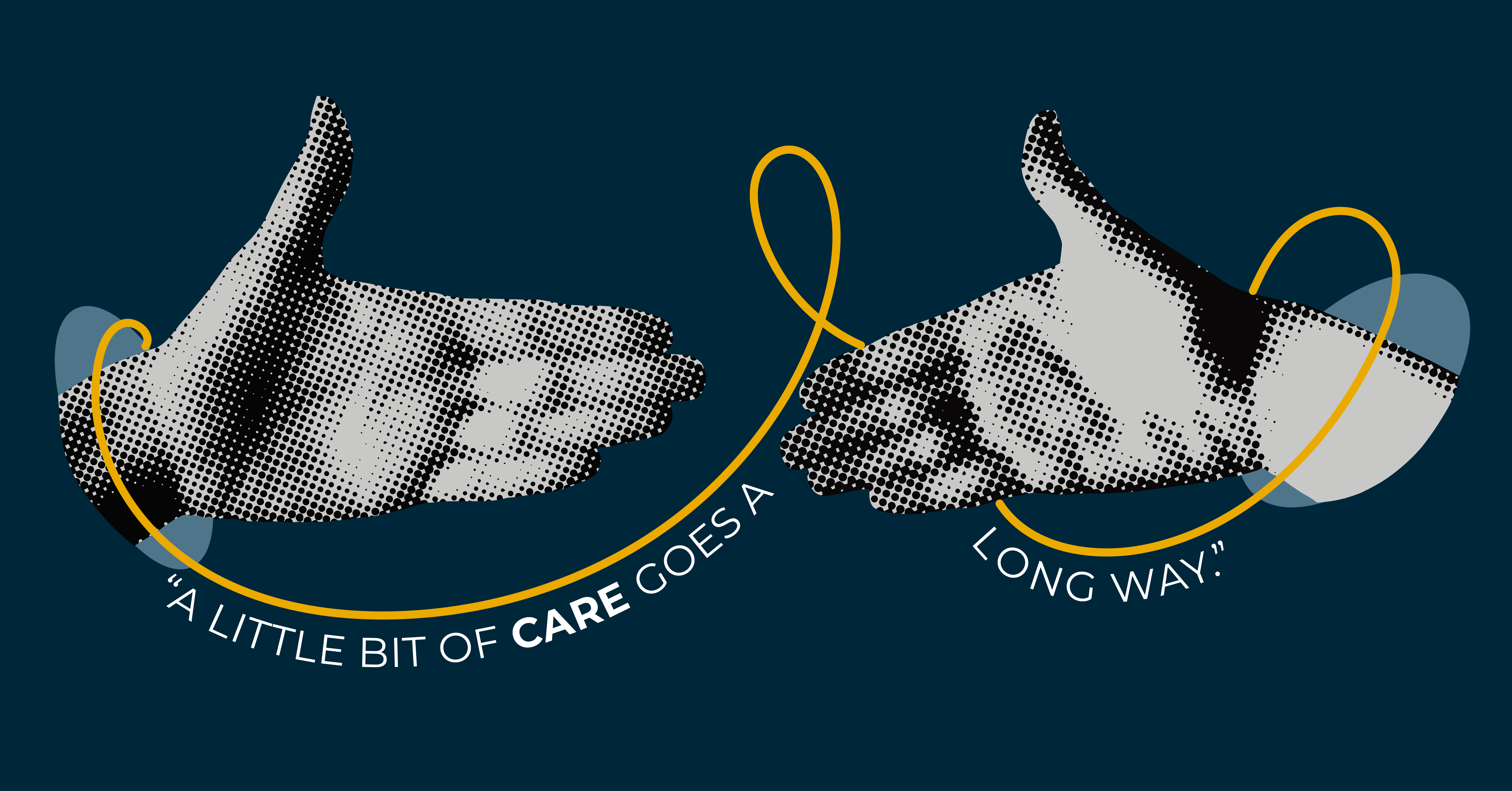
Reading non-fiction is like going on a treasure hunt for me, and I’m always on the lookout for authors who push me to expand my perspectives. In 2023, I read Think Again: The Power of Knowing What You Don’t Know, in which Adam Grant introduces the concept of mental flexibility when it comes to questioning your opinions and updating your beliefs. Grant encourages readers to adopt the mindset of a scientist, where beliefs are hypotheses to be tested rather than truths to be defended. This perspective shift—and new focus on and openness to admitting what I don't know—has been a powerful catalyst for my personal and professional growth and success.
I am sharing the below key takeaways from Think Again that deeply impacted me, hoping they enrich your personal growth journey as much as they have mine.
Incompetence blindness
In Think Again, Grant highlights a fascinating aspect of human behavior—incompetence blindness. When individuals falsely believe they excel in a particular skill, they are less likely to seek improvement. This phenomenon is exemplified in studies on emotional intelligence, where those with the lowest emotional intelligence overestimated their abilities and were reluctant to seek coaching for improvement.
Embracing humility: The antidote to incompetence blindness
Acknowledging that there is much we don't know creates an open mindset for learning and skill enhancement. Contrary to common fears, adopting a humble attitude doesn't undermine self-confidence. Confidence is about self-belief; humility involves the willingness to question and refine our approaches. It's about being assured in our ability to reach our goals, yet humble enough to continuously reassess and adjust.
Recently, I made a career shift, transitioning from a 17-year stint in marketing to a benefits consulting role at Gibson. While our marketing team had seen significant progress over the previous years, we found ourselves stuck in complacency, at our maximum capacity, and neglecting the necessity of continuous improvement. Embracing humility became our toughest challenge. We realized that acknowledging the need to refine our strategies wasn't a sign of weakness but rather a mark of self-assurance. It meant committing to perpetual reassessment and innovation—an essential mind shift for sustained success.
It also meant change. And with change, came humility for me. Ingenuity was declining and the team required a different set of skills to refocus strategy on growth. As a leader, it was now my turn to provide support and encouragement to a new (amazing) team. Once I truly embraced this shift in mindset, it created space for me to grow and lean into new skills.
The role of productive conflict
Engaging in the right kind of conflict can also illuminate our blind spots. Task-based conflict, centered around differing strategies and methods, provides an opportunity for growth. This conflict is constructive and focuses on finding the best way to move forward.
Relationship conflict diminishes creativity, productivity, and team spirit
On the other hand, relationship conflict, driven by personal dislike and emotions, hinders progress. Low-performing teams often suffer from high levels of relationship conflict, creating an environment where team members are reluctant to challenge each other's ideas. Disliking one another stifles creativity and collaboration, leading to a lack of diverse perspectives.
The impact of differentiating task-based conflict from relationship conflict
This lesson on task-based versus relationship conflict struck a chord with me. Last year, I found myself in a challenging dynamic with a co-worker who I also consider a friend. Our interactions were marked with tension and disagreement, but I couldn't quite pinpoint the source of our animosity. However, upon reflecting on the concept of task-based versus relationship conflict, I was able to look at the situation with a fresh perspective!
I realized that our differences were not rooted in a personal relationship issue but rather in distinct strategic thinking. It was not a matter of who was right or wrong, but rather a clash of approaches and methods. This realization was eye-opening, prompting me to reconsider the nature of our interactions. Recognizing the difference between these two types of conflict allowed me to approach the situation with a newfound understanding. Instead of dwelling on personal differences, I began to appreciate the value of diverse perspectives and the potential for constructive conflict in navigating solutions. This experience reinforced the importance of disagreements with a focus on task-related issues, fostering an environment where differing viewpoints could contribute to better outcomes.
Continuing to grow
Equipped with these insights, we can communicate more effectively, build stronger professional relationships, and positively impact team dynamics.
In the months since I finished Grant’s book, I’ve seen how open-minded, critical thinking has led to personal self-awareness and growth and better outcomes in my work, relationships, and everyday life. If personal, professional, or team growth are priorities for you, I strongly encourage you to embrace the power of uncertainty, value of diverse perspectives, and benefits of healthy task-based conflict. This could be your key to superior individual and team performance!




